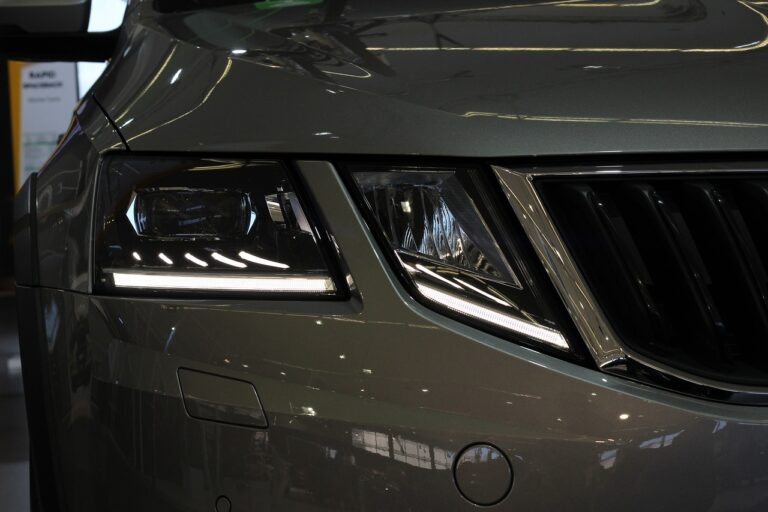The Role of Swarm Intelligence in Autonomous Vehicle Navigation
Autonomous vehicles, also known as self-driving cars, are vehicles equipped with advanced technology that allows them to navigate and operate without human intervention. These vehicles rely on a combination of sensors, cameras, radars, and artificial intelligence algorithms to perceive their surroundings and make decisions in real-time. Through the use of sophisticated software and machine learning capabilities, autonomous vehicles can detect obstacles, interpret road signs, and navigate through different traffic scenarios.
The development of autonomous vehicles is gaining momentum in the automotive industry, with companies like Tesla, Waymo, and Uber investing heavily in this cutting-edge technology. Proponents of autonomous vehicles argue that they have the potential to revolutionize transportation by improving road safety, reducing traffic congestion, and providing mobility solutions for individuals with disabilities or limited access to transportation. However, there are also concerns about the ethical implications of autonomous vehicles, such as how they should prioritize the safety of passengers versus pedestrians and how they should handle complex moral dilemmas on the road.
Challenges in Autonomous Vehicle Navigation
Autonomous vehicles face numerous challenges in navigation, with one key obstacle being the need to accurately perceive and interpret the surrounding environment. The ability to detect obstacles, pedestrians, traffic signs, and other vehicles in real-time is crucial for safe and efficient navigation. Furthermore, interpreting complex traffic scenarios and making split-second decisions poses a significant challenge for autonomous vehicle navigation systems.
Another major challenge in autonomous vehicle navigation is ensuring precise localization and mapping. Accurate mapping of the vehicle’s surroundings is essential for planning optimal routes and avoiding potential hazards. Additionally, maintaining accurate localization in dynamic and changing environments, such as urban city streets or construction zones, requires advanced sensor fusion techniques and robust algorithms to enable reliable navigation.
Overview of Swarm Intelligence
Swarm Intelligence is a fascinating field that draws inspiration from the collective behavior of social insects like ants and bees. This approach involves designing algorithms that allow multiple autonomous entities to work together towards a common goal, mimicking the cooperation seen in nature. By leveraging the power of decentralized decision-making and self-organization, swarm intelligence offers a promising framework for solving complex problems in various domains, including robotics, optimization, and telecommunications.
One of the key principles underlying swarm intelligence is the concept of emergent intelligence, where the collective behavior of simple agents gives rise to sophisticated global patterns. Through local interactions and information sharing, a swarm of individual entities can exhibit intelligent behavior that surpasses the capabilities of any single agent. This bottom-up approach to problem-solving is not only robust and resilient to failures but also scalable and adaptable to changing environments, making it a valuable tool for addressing real-world challenges in an efficient and effective manner.
What is swarm intelligence?
Swarm intelligence is a type of artificial intelligence that is inspired by the collective behavior of decentralized, self-organized systems in nature, such as flocks of birds or colonies of ants.
How is swarm intelligence applied in autonomous vehicles?
Swarm intelligence is used in autonomous vehicles to mimic the collaborative behavior seen in nature, allowing multiple vehicles to communicate and coordinate their movements for efficient navigation and decision-making.
What are some benefits of using swarm intelligence in autonomous vehicles?
Some benefits of using swarm intelligence in autonomous vehicles include improved efficiency, increased reliability, better adaptability to changing environments, and the ability to overcome obstacles collectively.
What are some challenges in implementing swarm intelligence in autonomous vehicles?
Challenges in implementing swarm intelligence in autonomous vehicles include ensuring robust communication between vehicles, developing algorithms for effective coordination, and addressing issues related to safety and ethics.
How does swarm intelligence differ from traditional artificial intelligence?
Traditional artificial intelligence relies on centralized control and decision-making, whereas swarm intelligence is decentralized and relies on the collective behavior of individual agents to achieve a common goal.







